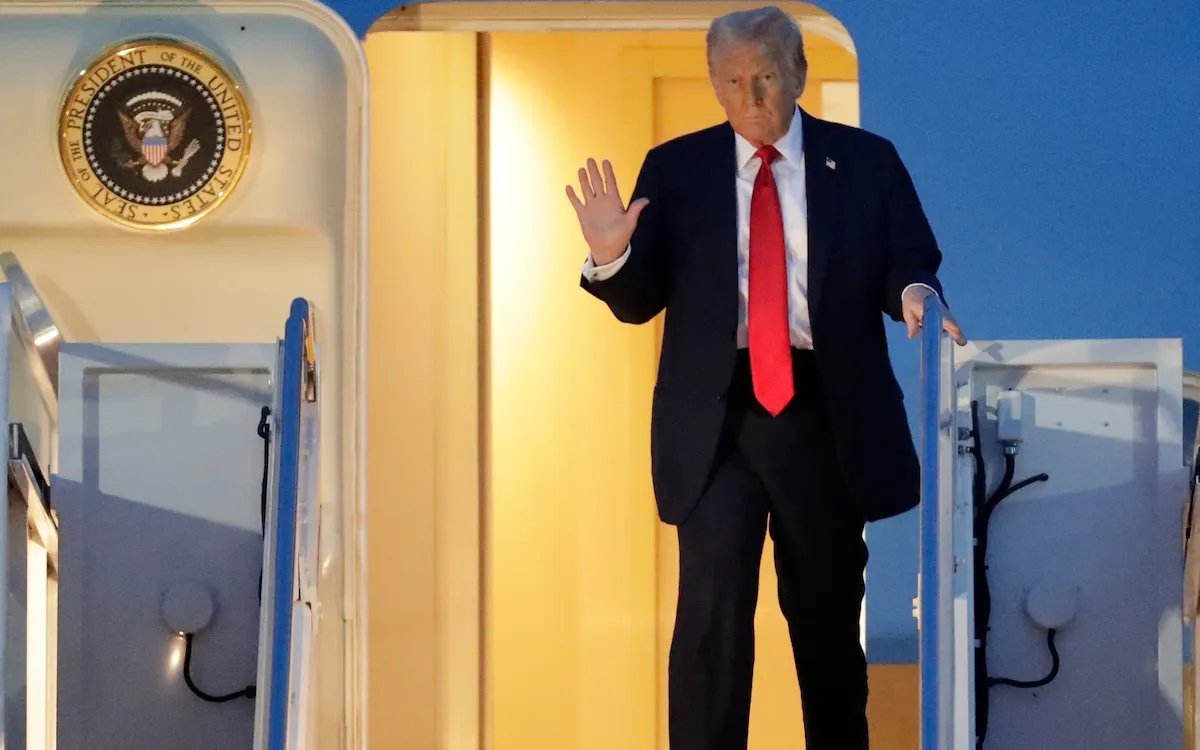
In a bold political move, President Donald Trump is setting his sights on four Republican senators who have indicated support for a resolution aimed at terminating his controversial emergency declaration concerning tariffs on Canadian imports. This declaration has been a significant point of contention in the ongoing debates surrounding trade policies and international relations.
Dubbed as Trump’s “Liberation Day,” the upcoming Wednesday marks a pivotal moment, as it is when he plans to unveil a series of new tariffs. These measures are part of his broader strategy to reshape trade dynamics between the United States and Canada, which has implications for various sectors including agriculture and manufacturing.
In a counter-move, U.S. Senator Tim Kaine (D-Va.) is expected to push for a vote aimed at nullifying the emergency declaration that Trump has utilized for imposing tariffs on Canadian exports. This action highlights the growing bipartisan concerns regarding the implications of such emergency measures on the economy and international trade relations.
The tension surrounding these tariffs showcases the fragile nature of U.S.-Canada relations. As Trump’s administration continues to navigate complex trade negotiations, the pushback from within his party may indicate a shifting landscape in support for his controversial policies. The outcome of this political maneuvering could significantly impact future trade agreements and economic collaboration between the two nations.
As President Trump prepares to announce new tariffs and faces opposition from both Republican and Democratic senators, the unfolding situation underscores the complexities of trade policy in the current political climate. Observers will be closely watching how these developments play out, particularly the Senate vote led by Senator Kaine, which could alter the trajectory of U.S. trade policy moving forward.